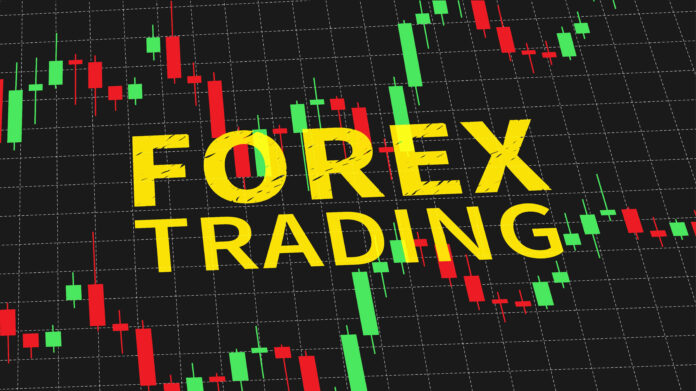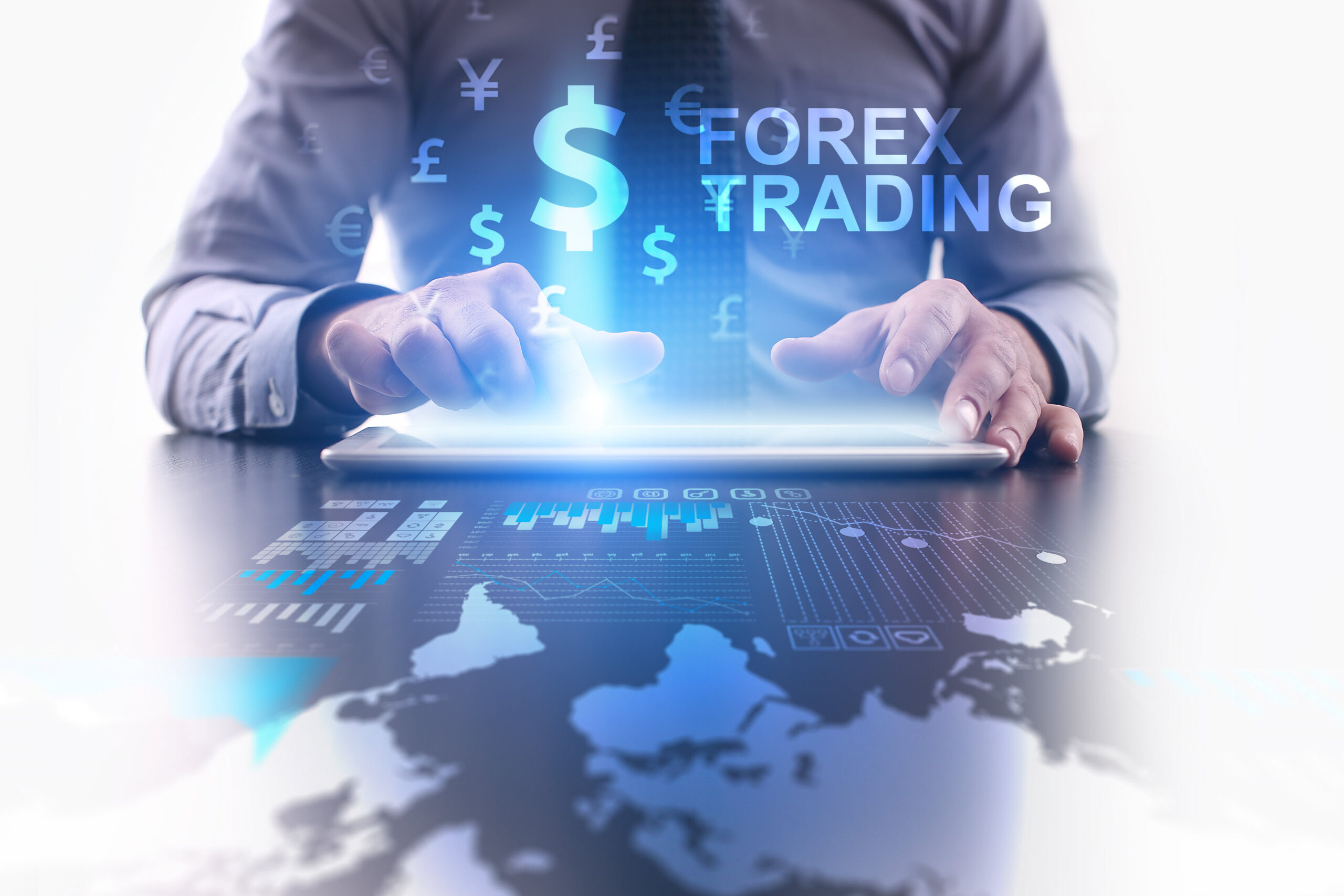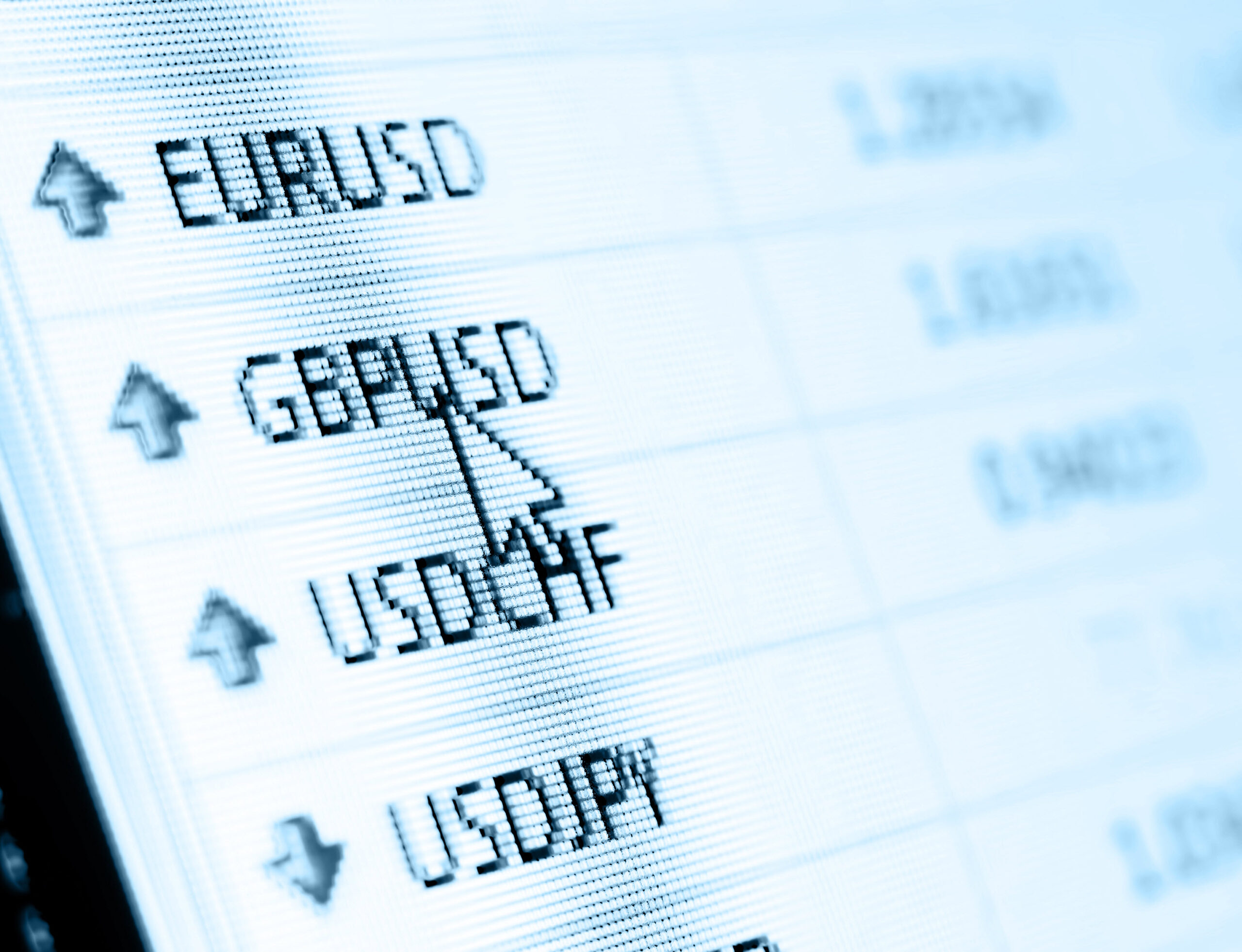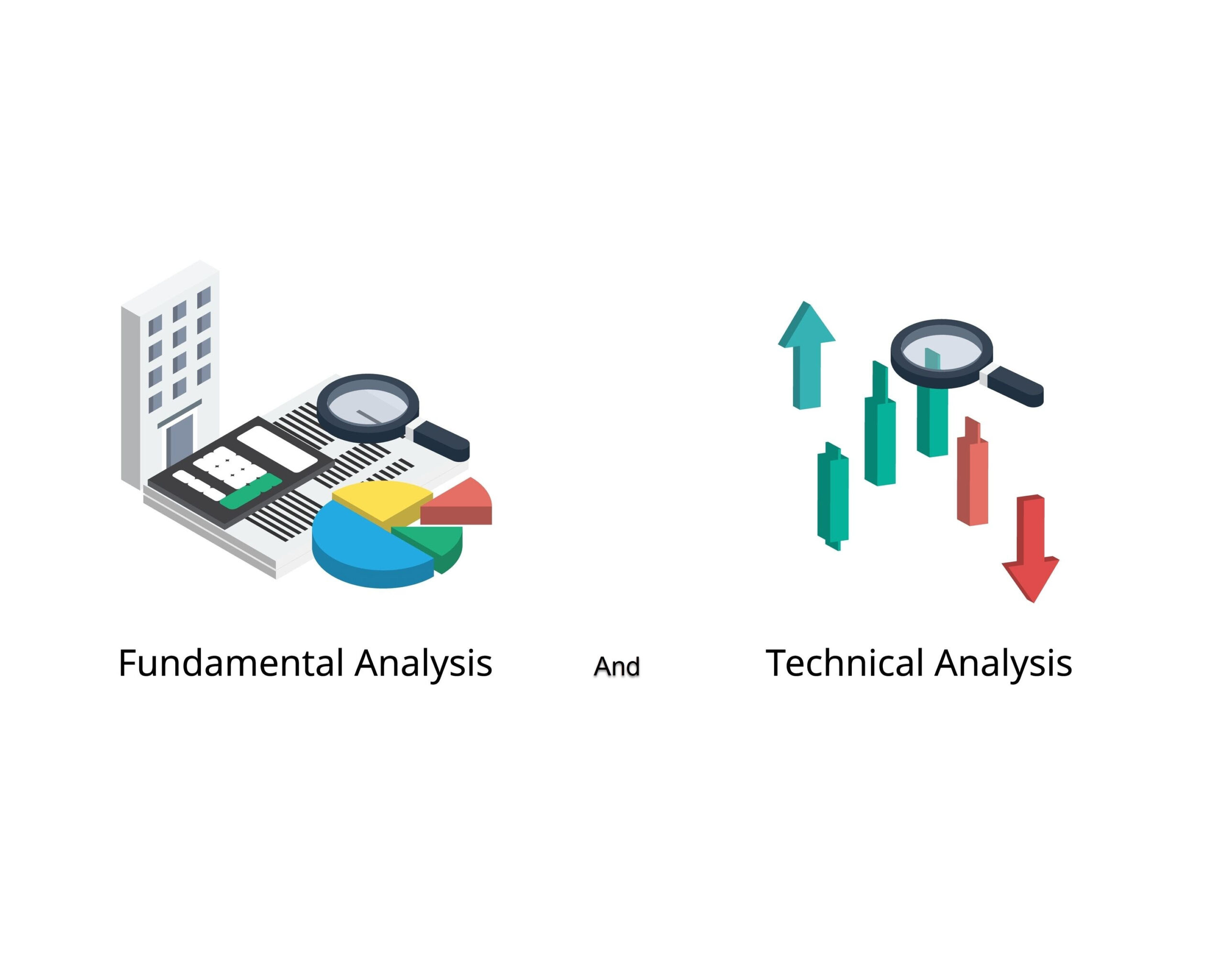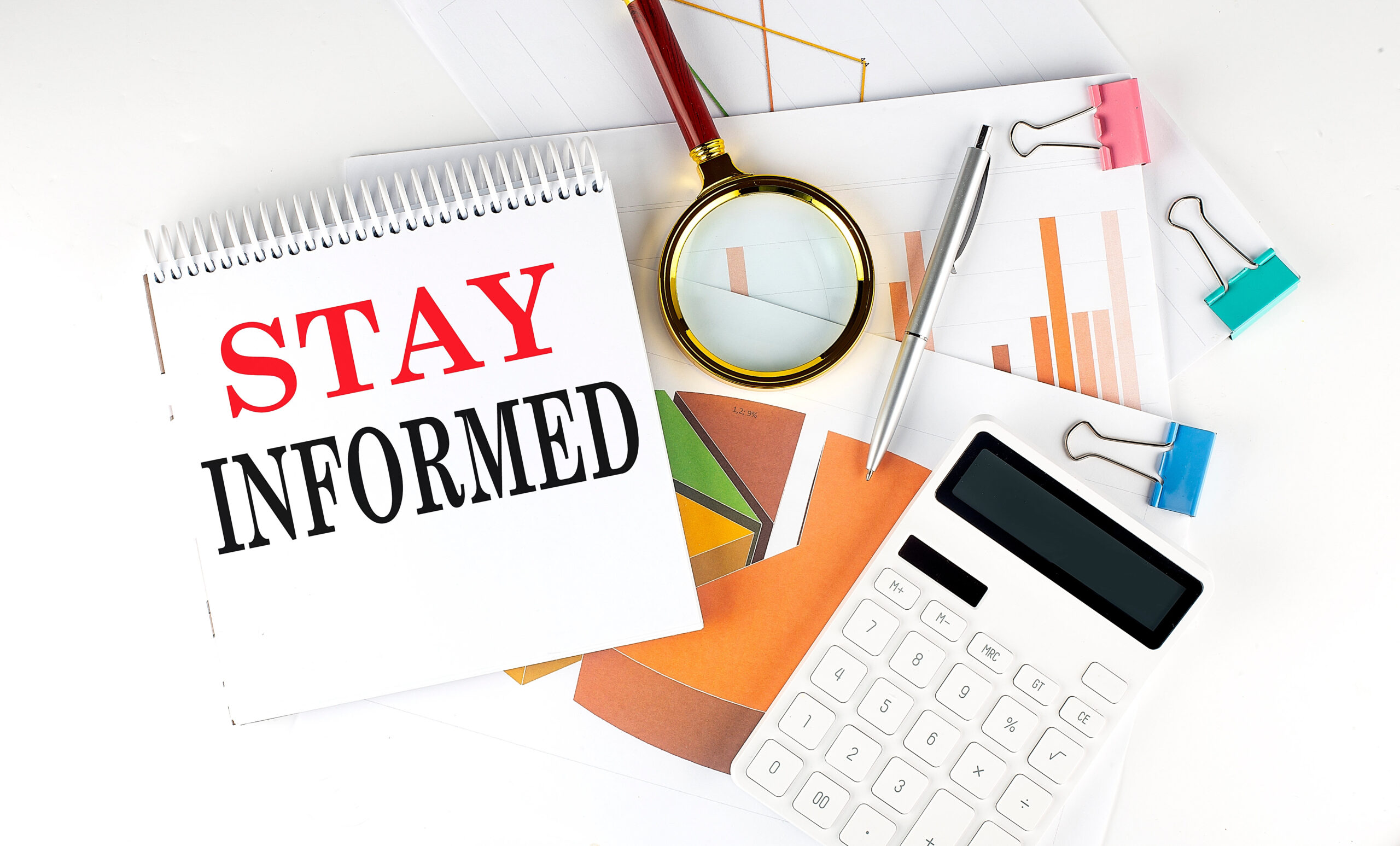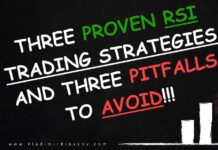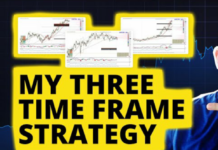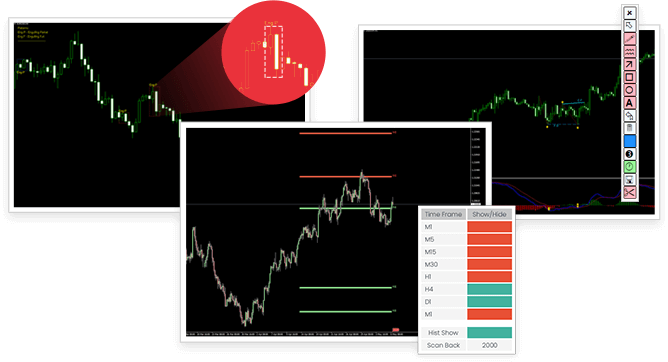
The foreign exchange market, or forex, is the largest and most liquid financial market in the world. It involves the buying and selling of currencies, and it offers tremendous opportunities for individuals to make profits. If you’re new to forex trading and feel like a “dummy” when it comes to understanding how it works, fear not! This ultimate guide will walk you through the basics and help you get started on your forex trading journey.
I invite you to join our trading family (Home Trader Club) and enjoy our REAL-TIME trading opportunities and REAL-TIME trading education.
- 1 Explore My Free Mentorship Program
- 2 What is Forex Trading?
- 3 Why Trade Forex?
- 4 Understanding Currency Pairs
- 5 Learn Market Terminology:
- 6 Reading Forex Quotes
- 7 Placing Trades
- 8 Fundamental and Technical Analysis
- 9 Risk Management
- 10 Choosing a Forex Broker
- 11 Demo Trading and Education
- 12 Stay Informed
- 13 Keep Emotions in Check:
- 14 Conclusion
Explore My Free Mentorship Program
As an Internationally Certified Financial Technician (CFTe, IFTA) and former private capital hedge fund trader, I have successfully mentored numerous students who are now thriving in the trading world. Students who learned with me, are now full-time traders, work in the trading industry, run their own capital firms or are fully funded traders by private companies, develop automated trading solutions and manage others’ capitals. I am a very proud mentor and I am proud of the success stories I’ve helped create, and for a limited time, I’m offering my mentorship program for free through a partnership with Eight Cap broker. Join Eight Cap, become an active trader, and choose the offer that suits you best –
For more details, visit: Home Trader Club Mentorship Program
I’m excited to work with you and help you reach your desired level of success!
What is Forex Trading?
In forex trading, individuals engage in the simultaneous purchase of one currency and the sale of another. These currencies are traded in pairs, such as EUR/USD (Euro/US Dollar) or GBP/JPY (British Pound/Japanese Yen). The exchange rate between these pairs determines the value of one currency relative to another.
Why Trade Forex?
Forex trading has several advantages that make it an attractive market for beginners:
a. Liquidity: With trillions of dollars traded daily, forex is highly liquid. This means you can easily enter and exit trades without worrying about finding a buyer or seller.
b. Accessibility: The forex market operates 24 hours a day, five days a week, allowing traders to participate at their convenience.
c. Leverage: Forex brokers offer leverage, which allows you to control larger positions with a smaller amount of capital. However, leverage can amplify both profits and losses, so it should be used with caution.
d. Variety of Trading Opportunities: The forex market offers a wide range of instruments to trade, providing numerous opportunities for profit.
You can learn in-depth about this and much more here
Understanding Currency Pairs
Currency pairs consist of a base currency and a quote currency. The base currency is the first currency listed in the pair and represents the amount being bought or sold. The quote currency is the second currency and represents the value required to purchase one unit of the base currency.
Taking the EUR/USD pair as an example, the base currency is the euro (EUR), while the quote currency is the US dollar (USD). When the exchange rate is 1.20, it signifies that you would require 1.20 USD to purchase 1 EUR.
Learn Market Terminology:
Forex trading comes with a unique set of terminologies that you need to be familiar with. Here are some key terms:
Pip: A pip is the smallest unit of price movement in a currency pair. The standard lot size typically consists of 100,000 units of the base currency. However, there are also smaller options available, such as mini lots (10,000 units) and micro lots (1,000 units).
Lot: A lot is a standardized trading size. The standard lot size is 100,000 units of the base currency, but there are also mini (10,000 units) and micro (1,000 units) lots.
Spread: The spread is the difference between the buying (ask) and selling (bid) price of a currency pair. It represents the cost of the trade and is usually measured in pips.
Here is a complete guide to learn about the basics of Forex trading
Reading Forex Quotes
Forex quotes display the exchange rate between two currencies. In forex trading, quotes comprise of two prices: the bid price and the ask price. The bid price represents the value at which the base currency can be sold, whereas the ask price indicates the value at which the base currency can be purchased.
For instance, if the EUR/USD quote is 1.2000/1.2005, you can sell 1 EUR for 1.2000 USD or buy 1 EUR for 1.2005 USD.
Placing Trades
To place a forex trade, you need to choose a currency pair, determine the trade size, and decide whether to buy (go long) or sell (go short) the base currency. If you believe the base currency will rise in value, you would buy the pair. Conversely, if you think the base currency will fall, you would sell the pair.
Fundamental and Technical Analysis
Successful forex trading involves a combination of fundamental and technical analysis. Fundamental analysis involves evaluating economic factors, such as interest rates, inflation, and geopolitical events, to anticipate currency movements.
You can get our Real-Time News Indicator here
Technical analysis, on the other hand, involves analyzing price charts and using indicators to identify patterns and trends.
You can find the Top Seven Ranked Forex Trading Strategies for Beginners here
Risk Management
Risk management is crucial in forex trading to protect your capital. Set a risk-reward ratio for each trade and determine the maximum amount you’re willing to risk per trade. Use stop-loss orders to automatically exit losing trades and take-profit orders to lock in profits. It is advisable to refrain from risking a substantial portion of your account balance on a single trade. Additionally, maintaining a diverse portfolio and avoiding excessive leverage can help mitigate risk.
Learn the truth about money and risk management here
Get your copy of my professional Risk Manager EA here
Get the best of our trading solutions here.
To understand the differences between our systems, check our road map here.
Choosing a Forex Broker
To start trading forex, you’ll need to open an account with a reputable forex broker. Selecting a reputable forex broker is essential for a positive trading experience. Look for brokers that are regulated by recognized financial authorities and offer a user-friendly trading platform. Consider factors such as spreads, commissions, customer support, and available trading tools.
You can find in detail about how to choose a regulated broker here
Demo Trading and Education
Before risking real money, it’s advisable to practice trading using a demo account provided by most brokers. This allows you to gain familiarity with the trading platform and test your strategies in a risk-free environment. Additionally, invest time in learning through educational resources, including online courses, webinars, and books.
For professional, proven and REAL trading education from an Internationally Certified Financial Technician and trader, join Home Trader Club
Stay Informed
Forex markets are influenced by various factors, including economic data releases, central bank announcements, and political events. Stay informed about these events and be prepared to adapt your trading strategies accordingly.
Embarking on forex trading can be a thrilling and potentially lucrative endeavor. By grasping the fundamentals, honing your skills through a demo account, and consistently expanding your knowledge, you can embark on your forex trading journey with assurance. Keep in mind that patience, discipline, and effective risk management are crucial for achieving enduring success.
Keep Emotions in Check:
Emotional decision-making can lead to poor trading outcomes. Fear and greed are prevailing emotions that have the potential to cloud one’s judgment. It is imperative to adhere to your trading plan and abstain from impulsive trades driven by emotions. Stay disciplined and be patient, as successful trading takes time and practice.
You can learn about Forex Trading Psychology: Mastering & Controlling Your Emotions
Conclusion
In conclusion, forex trading can be a rewarding venture for those willing to put in the time and effort to learn and develop their skills. While it may seem daunting at first, understanding the basics, learning market terminology, and choosing a reliable broker are crucial steps to get started. Developing a trading plan, practicing with a demo account, and mastering technical and fundamental analysis are key to making informed trading decisions. Implementing risk management strategies and keeping emotions in check are essential for long-term success.
Remember, forex trading is not a guaranteed path to riches, and it requires continuous education and adaptation to the ever-changing market conditions. Stay informed, follow reputable sources of information, and never stop learning. It’s also important to start with capital you can afford to lose and to never risk more than you can comfortably handle.
With the right knowledge, mindset, and perseverance, forex trading can offer exciting opportunities for financial growth. So, take your time, be patient, and start your forex trading journey with confidence. Good luck!
If you have any questions, don’t hesitate to drop a comment below!
Yours to your success,
Vladimir Ribakov
Internationally Certified Financial Technician

